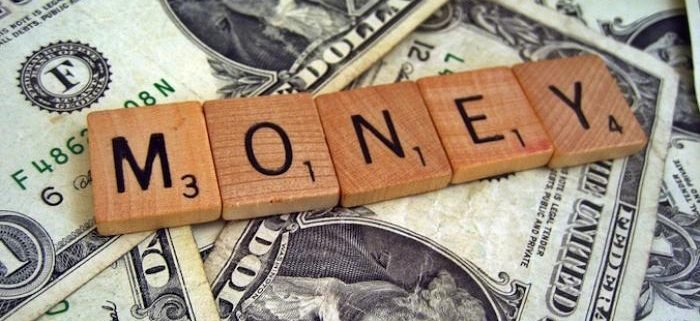Top 5 Mistakes you are making when you Borrow Money
It has happened to most of us. We run into some financial trouble and end up borrowing from friends, relatives or lending institutions. Often times though, we are so focused on the problem that we hope to solve with the Money that don’t consider the cost and consequences of borrowing.
Here are five most common mistakes that you make when borrowing money.

Not taking the time to research current rates and consider all options
When you need money, no matter if it is to repay debt or buy a new car, borrowing is the easy means to an end. There are many options that you can choose from – some more traditional like bank loans, more emotional – like family or friends, more innovative – like peer lending, or quicker – like payday loans or car title loans. They all offer different terms and conditions, rates and repayment options and entail different risks in the event of default. It is critical to evaluate your current financial situation, credit, actual financial needs and future repayment options before borrowing. Sometimes, other solutions are available that will serve your family better in the long run. For example, if you are behind on bills, you can negotiate payment plans or deferments. Or, if you are being offered high interest, it may make sense to wait, get credit counseling and raise your credit score prior to financing a large purchase.
Not thinking in the long-term
If you need money urgently to cover medical expenses or very overdue bills, you are usually focused on the current situation and how to resolve it as soon as possible. This means that sometimes you approach the borrowing process emotionally, without considering the long-term effect it will have on your finances. Loan repayment, however, is a long process that takes a few months to a minimum up to several years. This is why you need to consider very carefully how this will affect your month-to-month living expenses. Setting up a weekly or monthly budget to follow is a good way to keep track of your finances and avoid any further trouble. At the end of the day, you do not want to solve one problem for today and create another in the long-term. This also means that you should not approach a lending institution emotionally. Make sure to think your decision over before deciding to take a loan, especially if it is not urgent. Perhaps if you just want to buy a newer car or take a vacation, you should wait until you can afford it, get a better interest rate or put more money down rather than borrowing the entire sum.
Not reviewing the documentation carefully or asking questions
Loan documentation is quite complicated and you need to read it carefully before agreeing to the terms. Be especially careful with the fine print. Do not approach the loan application form as a simple questionnaire that you can fill in between your other responsibilities. Take time to review all the documents carefully and even note down any questions you might have. Ask the lender as many questions as you need until you are sure that you understand everything. Another reason to pay great attention to the documentation is that your application may be turned down simply because you have not filled in your form properly. So, take your time prior to signing anything.
Not telling the truth
Lying on your loan application form may have very negative repercussions on you. You may end up not receiving the money you need but what is more important it is illegal to provide incorrect information about your income or credit history. While not all lenders check your credit score, car title loan companies don’t for example, or verify all the information you provide, it becomes clear eventually that you have lied. Lending institutions are aware that some people go as far as to provide the social security number of a spouse, relative or friend in an attempt to receive a more favorable loan. While this won’t happen, the result will be a fight with the person whose information you have misused and even worse – you might be accused of identity theft. Therefore, it is advisable to be as honest as possible about your financial situation, current, and future plans so that you can get proper advice on which loan is better for you.
Continue spending as usual
One of the significant mistakes made by people, who have borrowed money, is to continue with their unhealthy spending habits. Quite often the borrowed money is perceived as free cash or an option to continue life as usual without thinking about the repayment schedule. The other reason for people to fail changing their routine is the thought that they got away this time and repaid their debt by borrowing money, which means they can do it over and over again. This quickly turns into a vicious circle where you take one loan to repay another, which diminishes your credit score and respectively worsens the conditions under which you receive the next loan. Plus, the money you spend repaying interest could have been used to create an emergency fund that would have allowed you to avoid borrowing money next time. Therefore, it is of paramount importance to change your spending habits and get used to living with a budget. Take some financial counseling on how to do it if necessary or use any of the free mobile budgeting apps to help you with that.

